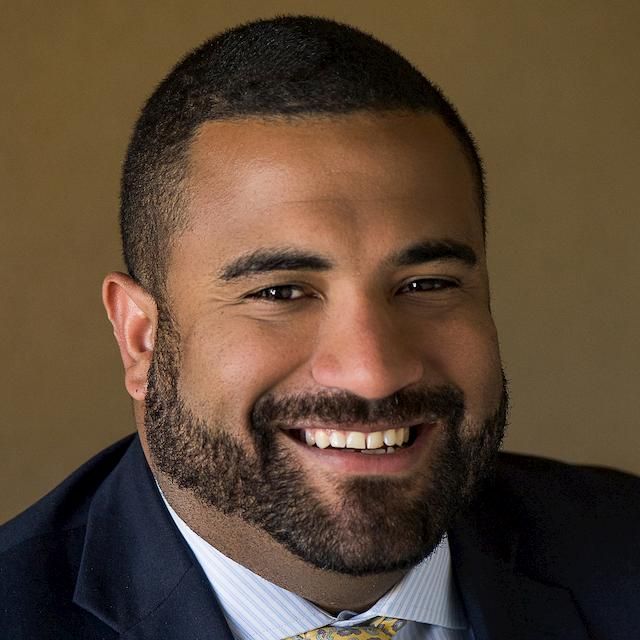

Participating Organizations

Kimberly Bailey
Ishtiaq Mawla

Tom Jurkiw, PhD

Matt Horton
Kissick Family Foundation FTD Grant Program
The Kissick Family Foundation has partnered with Milken Institute Science Philanthropy Accelerator for Research and Collaboration (SPARC) since 2022 to analyze and understand the state of the frontotemporal dementia (FTD) research ecosystem and identify where philanthropic investments could be deployed to overcome barriers to scientific progress.
Health Equity
Within the US, life expectancy can vary by as many as 15 years, depending on income level, education, and where an individual lives. While health inequity is a long-standing issue, recent events exacerbated and highlighted the grave effects of certain inequities.
The COVID-19 pandemic and social justice movements of 2020-2021 sparked a global reassessment of health equity and a push for its advancement. The devastating impact of the pandemic highlighted the urgent need for equitable health care access and outcomes for marginalized communities. At the same time, social justice movements advocating for racial equity exposed how deeply racism is embedded in all institutions and systems, affecting everything from biomedical research to patient care and policymaking. These movements underscored the importance of inclusive research and health policies and called for greater accountability to break down barriers to equitable treatment and care.
Unfortunately, much of the progress that began in 2020 has stalled or even reversed following the 2023 Supreme Court decision on affirmative action. This ruling not only affected college and university admissions policies but also sparked a broader movement across the United States to dismantle diversity, equity, and inclusion (DEI) initiatives in education and other sectors. While such setbacks have happened before, it is crucial for stakeholders to unite and take decisive action to prevent a significant and alarming negative impact on global health.
The Milken Institute Science Philanthropy Accelerator for Research and Collaboration (SPARC), in partnership with the Burroughs Wellcome Fund, conducted an in-depth analysis of the inequities facing the biomedical research ecosystem, from basic research to clinical care. We examined what drives disparities and highlighted ways philanthropic attention and investment could accelerate action around health equity research to improve care and health.